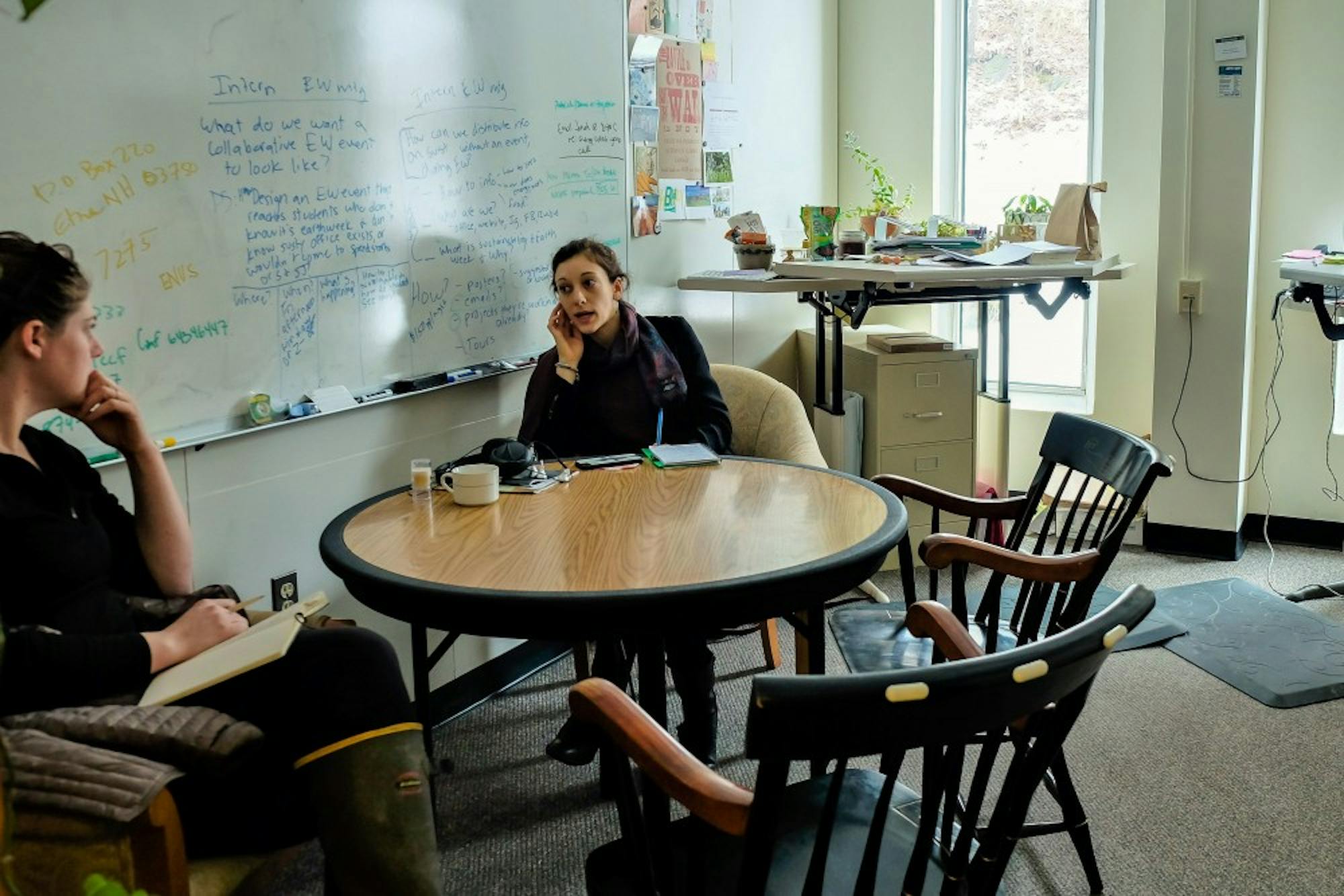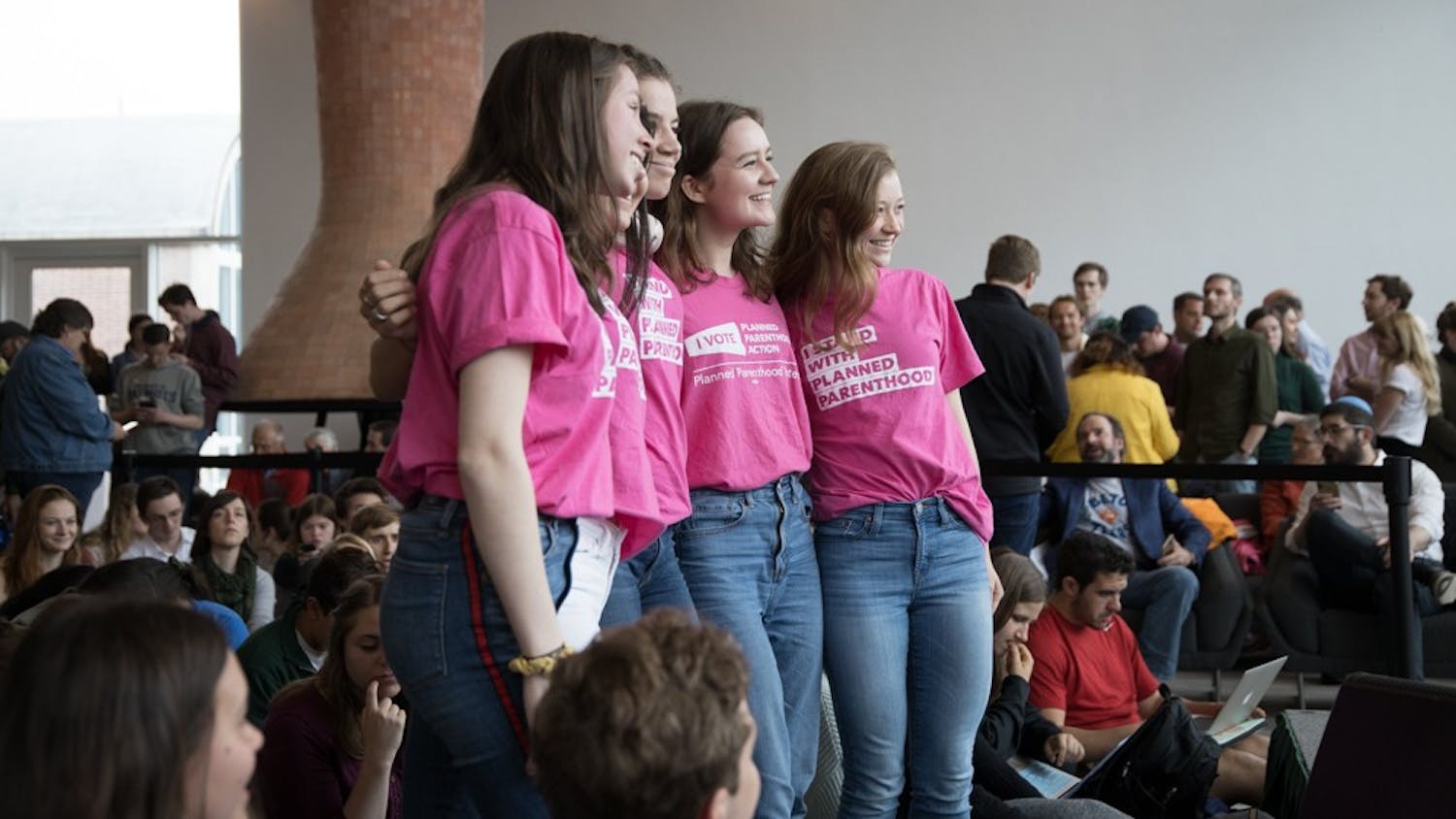Humans have come a long way to arrive at this point of history, in which human expansion and activity has altered the course of the world’s climate. For the first time, we are aware of the profound impact we have on the environment. Rising temperature, rising sea levels, intensified storms, increased irregularity of precipitation and other alarming effects of climate change present with us a multitude of challenges and problems regarding sustainability. Temperatures are rising at an abnormally high pace, and it seems that humans are at least partially responsible for this worsening trend.
At this watershed moment, we have to ask ourselves if we wish this trend of intensified climate change to continue. We have to think about the implication of climate change and contemplate on how future generations are going to be affected by the current trend towards uncertainty that we have set for them. We need to ask ourselves: what kind of legacy are we building for future generations? What kind of responsibilities do we have to maintain a better environment for them?
As the world continues to increment its impact, a deep commitment to and understanding of sustainability by each of us seems to be more necessary than ever.
“To me, sustainability is really about common sense,” said Rosi Kerr ’97, director of sustainability. “[It’s about] being a net positive contributor. And being really mindful of the resources you use, how you use them and how you can do a better job.”
Kerr expressed that regarding people’s responsibilities to maintain a better environment for future generations, people need to ask what kind of fingerprints they want to leave on the world.
“We can all think of examples where people before us have made things easier for us, and we can all think of examples where people before us have made things worse or harder for ourselves and for others,” Kerr said. “You want the people who come after you to not have to struggle, to have a life without hardship.”
To Kerr, sustainability and legacy come together.
“We get to decide what our sustainability legacy is going to be,” Kerr said. “And that’s the thing about legacies; you get to decide [how] it’s going to be by the effort you put into it. And if you think about the impact you have on the people around you, you get to decide sort of every day, how that legacy will continue in the world.”
Kerr explained that the Dartmouth Sustainability Office hopes to bring up issues of sustainability for Dartmouth, to guide students to understand and tackle the sustainability problems and to produce ideas that may contribute to the future.
“Questions such as, how do we enable everyone in the world to have access to healthy, wholesome food, how do we enable to enable everyone in the world to have access to clean water and how do we enable everyone in the world to have access energy without sinking ship,” Kerr said. “Those are really interesting questions to me, and I think that [producing ideas by these answering questions] is fundamentally what our office is about.”
Working as an intern this year in the Sustainability Office, Madison Sabol ’18, who created the “Green2Go” reusable takeout container program for the Class of 1953 Commons, shared her thoughts on sustainability.
“I think that sustainability, the word in and of itself is about legacy,” Sabol said. “Because it’s about future generations, and sustainability is a matter of leaving something for the next generations that is not so broken apart — broken apart in so many places that it can’t be placed together as a whole.”
Sabol reflects that not only will we want to leave a world that is in good condition for future generations, but also in a condition that will allow them to build off of it. She comments that even though we are doing our very best to leave the world in a better state, people often think their actions today are not going to affect the future and resist sustainability.
“So that’s why I think sustainability is very tied to justice,” Sabol explained. “And not just justice for the present, but intergenerational justice. That’s to say that, it’s justice that spans far past our own years. That’s why I think sustainability is tied to legacy.”
Sabol said that when she thinks about sustainability, she thinks not only about the environment but also about the people and the way the economics work. To her, sustainability is all-encompassing.
“You just can’t disconnect people and sustainability, or justice and sustainability,” Sabol said. “[For example], the people that are going to experience some of the most devastating experiences of climate change with rising sea levels are [people in] different island nations.”
Catherine Rocchi ’19, a member of Divest Dartmouth, added that environmental justice is not only about future generations but also about the current one.
“[Legacy] implies that our actions related to climate change are only impacting future generations, but climate change is having a negative effect on many communities right now,” Rocchi said. “I think acting on climate change and other social justice issues is about looking beyond your immediate privilege of not having to worry about climate change to do something good for other people.”
Rocchi explained that Divest Dartmouth hopes to achieve its sustainability goals by influencing the political discourse through Dartmouth’s divestment from fossil fuel companies. Divest Dartmouth wants climate change to be a politically pertinent issue.
“It makes climate change more of a political priority,” Rocchi explained. “Political pressure allows international governments to be more aggressive about the international policy that will help ease our dependency on fossil fuels and help renewables become more prevalent as the means of producing energy.”
Rocchi stressed the urgency of climate change and identifies fossil fuel divestment as an initial action that the College can take for the cause of sustainability.
“It’s critical; in climate change there are so many thresholds, so many positive feedback loops,” Rocchi said. “The sooner we act, the easier it will be to halt the damage.”
Elizabeth Wilson, the director of Irving Institute for Energy and Society, which has the stated mission to “[transform] humankind’s understanding of issues at the intersection of energy and society,” said the institute takes a different approach to sustainability. She first acknowledged Dartmouth Divest.
“I know there were great controversies with the school when they took money from the Arthur L. Irving family and the Irving foundations, but the way I think about it, this is our legacy energy system,” Wilson said. “This is how we all got here. This is how you have a house that warms, this is how we have cars that go, and in my case, the airplane that just took me to Seattle.”
Wilson emphasized that energy is an integral part of our daily living. She advocated for conversations about energy and explained that the Irving Institute aims to establish and strengthen conversations about energy across campus.
“If you read the earliest Dartmouth documents, people would have to [do things] like digging up stumps in the green and chopping your own firewood,” Wilson said. “So, if we think about how energy has changed, and how we are using it on campus and how we are using it for the future, for me, this conversation of energy and society faces not only ... where we are going, but also where we come from.”
Conversations about energy are significant because they allow sustainability to be addressed more practically and more in line with our current world, where energy is ubiquitous and necessary for our society to function.
“[Energy] underlies us all, it’s all revolving around the most basic system that most of us take for granted,” Wilson said.
Aside from promoting conversations about energy, the Irving Institute hopes to contribute to sustainability by educating students and conducting energy-related research across multiple fronts.
“What I hope is that energy becomes something Dartmouth students appreciate on campus, just like you appreciate the trees, the river and the nice air,” Wilson said. “And for the institute itself, I really want it to become an internationally-renowned destination for creative energy thinking and problem solving for future energy systems.”
Sustainability has never been more critical. While every one of us has our own motivation for sustainability, what is essential is for us to be aware of the responsibilities each of us has to maintain a better environment not only for ourselves but also for future generations. Sustainability is about building an environmental justice legacy that transcends self-interest and embraces humanity as a whole.
On a personal level, Sabol expressed an inspiring passion for sustainability as our legacy: “I think future generations should have the opportunity to live better than we do now.”




